Bread 101
9 Bread Myths You Shouldn’t Believe
I give 100% credit to the information below to Cook’s Illustrated (Specifically in their All-Time Best Bread Recipes issue)
People have various interpretations of what are the best techniques for baking bread and what ingredients are acceptable or not. This issue of Cook’s Illustrated features a short article on the myths and facts of baking bread. Take a look at them before you begin you bread journey to dissipate any misconceptions. The Cook’s Illustrated Team mentions in their article that “After years of kitchen testing, we’re ready to set the record straight.”
I chose to not include all details (such as explanations under the myths and facts) in order to give most of the credit to Cook’s Illustrated. I fully recommend investing the money in purchasing their issue (https://www.ebay.com/i/323790364163?chn=ps) to gain access to other helpful tips from professionals in their test kitchen and amazing bread recipes.
 Credits: King Author Flour
Credits: King Author Flour
Myth #1: Bread Flour is Best
FACT: All-purpose flour is fine
 Credits: Serious Eats
Credits: Serious Eats
Myth #2: Tap Water is Fine
FACT: Bottled Water is Best
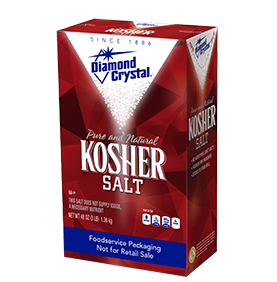 Credit: Diamond Crystal Salt
Credit: Diamond Crystal Salt
Myth #3: Salt is Optional
FACT: Salt is Essential
 Credit: King Arthur Flour
Credit: King Arthur Flour
Myth #4: Yeast Must be Proofed
FACT: Proofing Yeast is Unnecessary
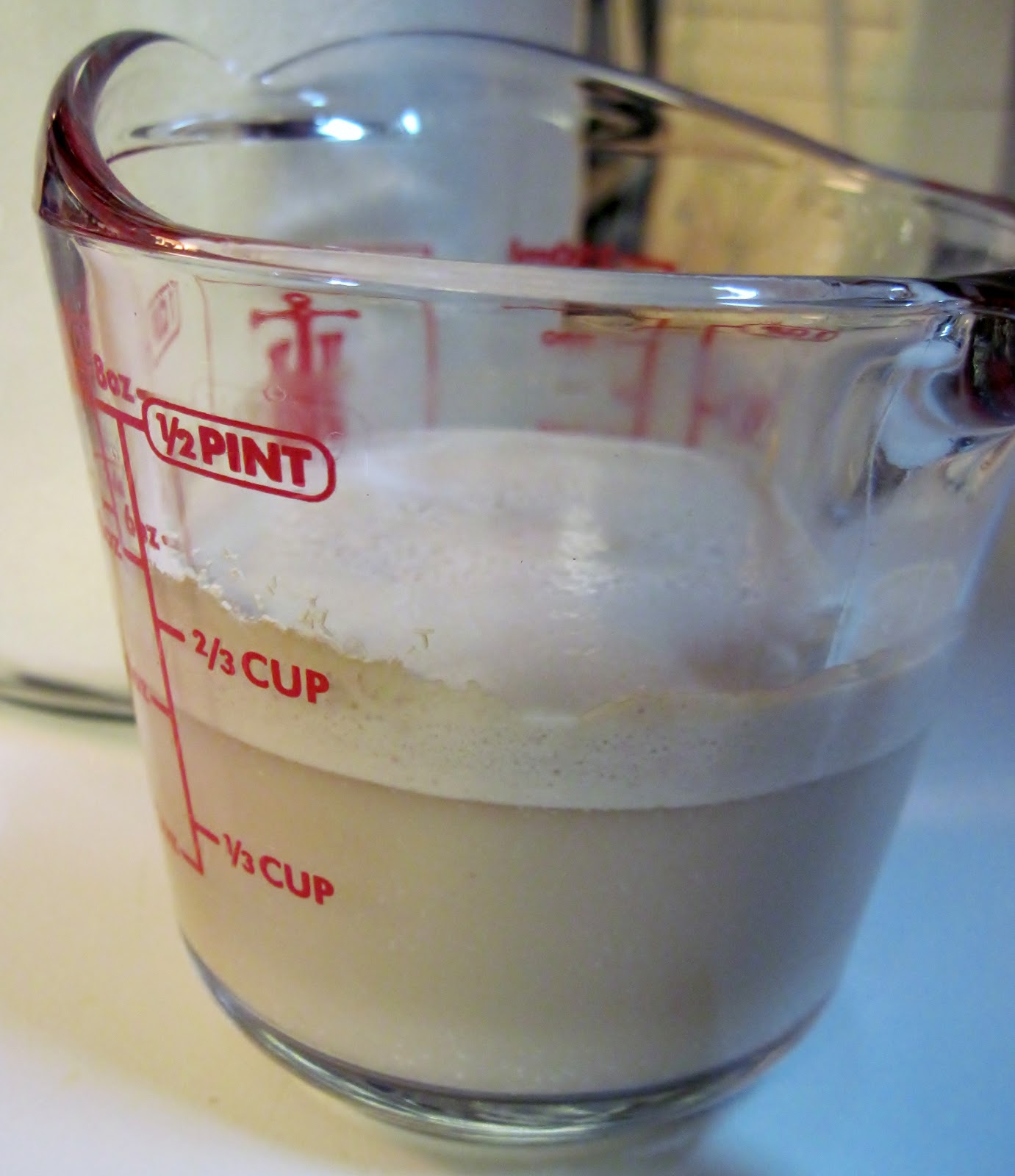 Credit: Carolina Sauce Company Blog
Credit: Carolina Sauce Company Blog
Myth #5: Always start with a sponge (a mix of flour, water and yeast that is fermented for several hours/overnight)
FACT: Some breads don’t require a sponge
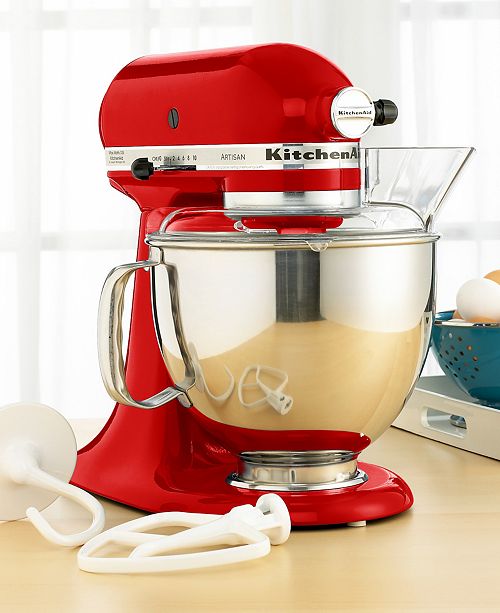 Credit: Macy’s
Credit: Macy’s
Myth #6: Hand kneading is better
FACT: You should use a stand mixer
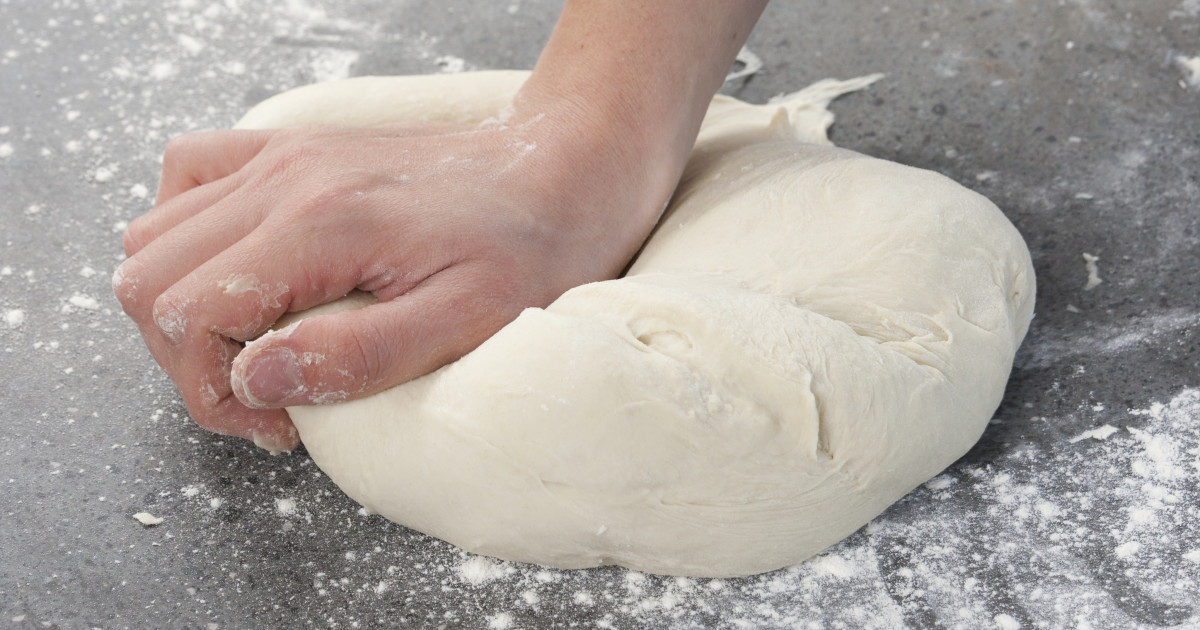 Credit: America’s Test Kitchen
Credit: America’s Test Kitchen
Myth #7: You can’t over knead
FACT: Too much kneading leads to flavor loss
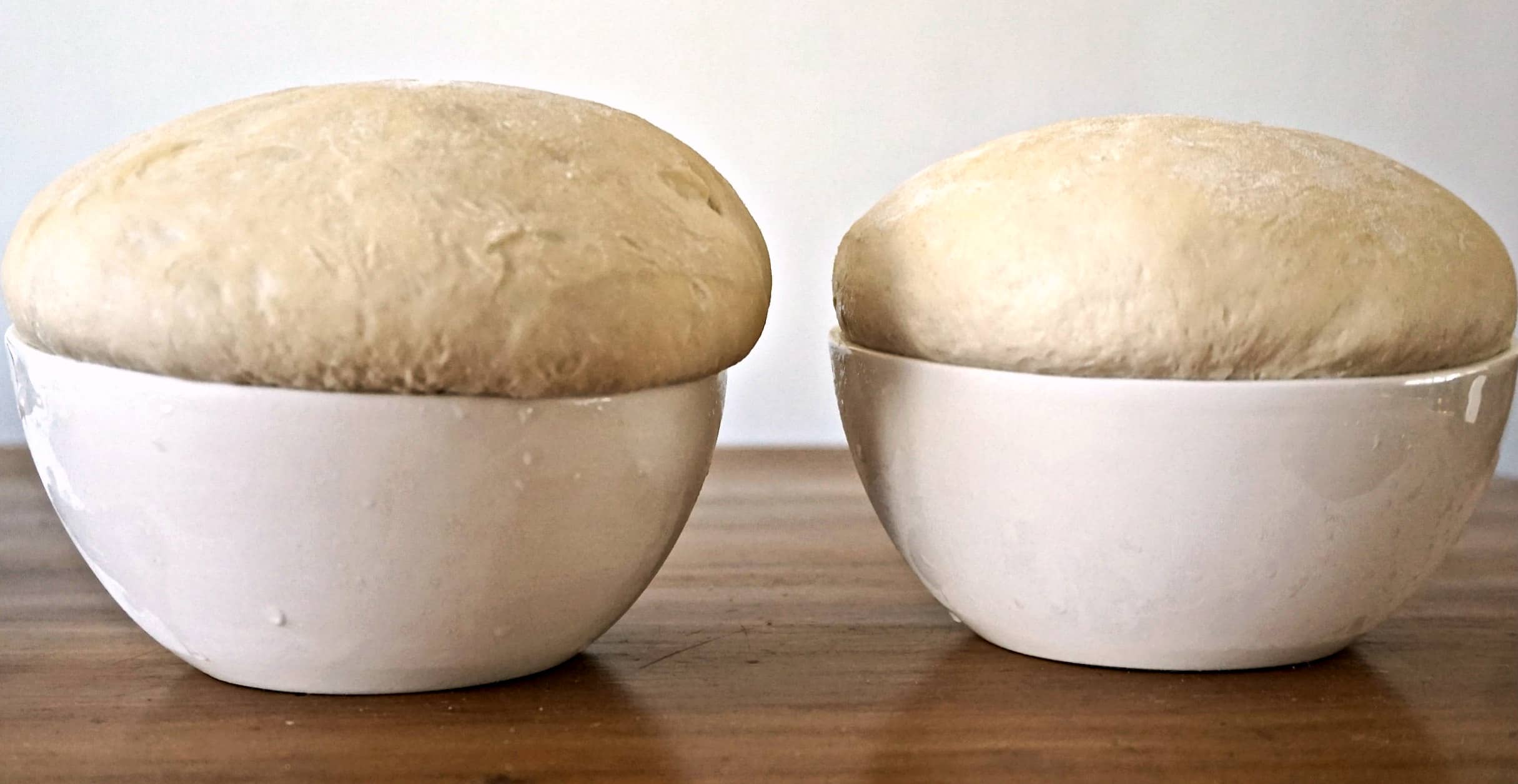 Credit: Belgian Foodie
Credit: Belgian Foodie
Myth #8: Rising times are flexible
FACT: Rising times should be followed
 Credit: King Arthur Flour Blog
Credit: King Arthur Flour Blog
Myth #9: Baked bread will sound hollow
FACT: Thermometers are helpful
How to Maintain Homemade Bread (for lasting freshness)
If you’ve read my post about the benefits of homemade bread, then you have already been showered with all the pros. Unfortunately, it is here where I have to mention the daunting drawback: your bread has a short shelf-life. Always keep in mind the benefit of having 100% fresh and non preservative bread. But fear not, for I will give you a few suggestions for extending your bread’s life-span:
Suggestion #1: Freeze it
When you find that you will not be eating the bread in 2 days or more, freezing the bread is great for long-term storage. Let the bread cool completely, slice it and put into a Ziplock bag before storing in the freezer. When you are ready to consume, allow the slices to reach room temperature or (the better choice) toast them!
Suggestion #2: Say NO to the Fridge
You may be asking why the freezer and not the fridge. The fridge is the last place where you’ll want to store bread and other pastries (except cake). Your bread will dry out and will not come out with the same texture.
Suggestions #3: Consider purchasing a Bread Box
If you have counter or shelving space, a bread box is a handy option for helping your bread stay at its freshest. The bread box is air-tight and it keeps dust and insects from creeping in. Check out a variety of bread boxes on Amazon: https://www.amazon.com/bread-boxes/b?ie=UTF8&node=13880451
Suggestion #4: Or a cloth bag?
Don’t have space and/or looking for a cheaper option for short-term storage? Cloth bags for bread are low-cost and don’t take up much space. They also add an interesting aesthetic to your kitchen. Check out a variety of cloth bags on Amazon: https://www.amazon.com/s?k=bread+cloth+bags&ref=nb_sb_noss_1
Benefits of Baking Homemade Breads
- Healthier Ingredients
- Cheaper
- Adaptable (Suit your own needs)
- Better Taste
- Sense of Accomplishment